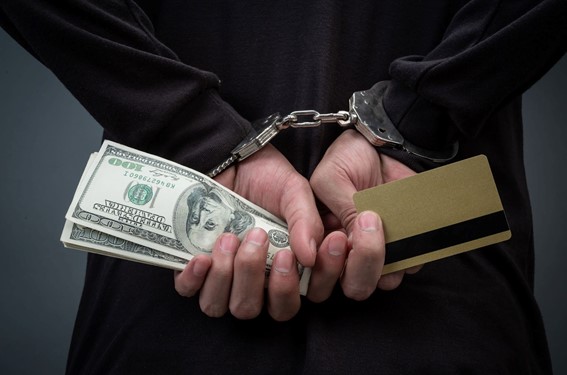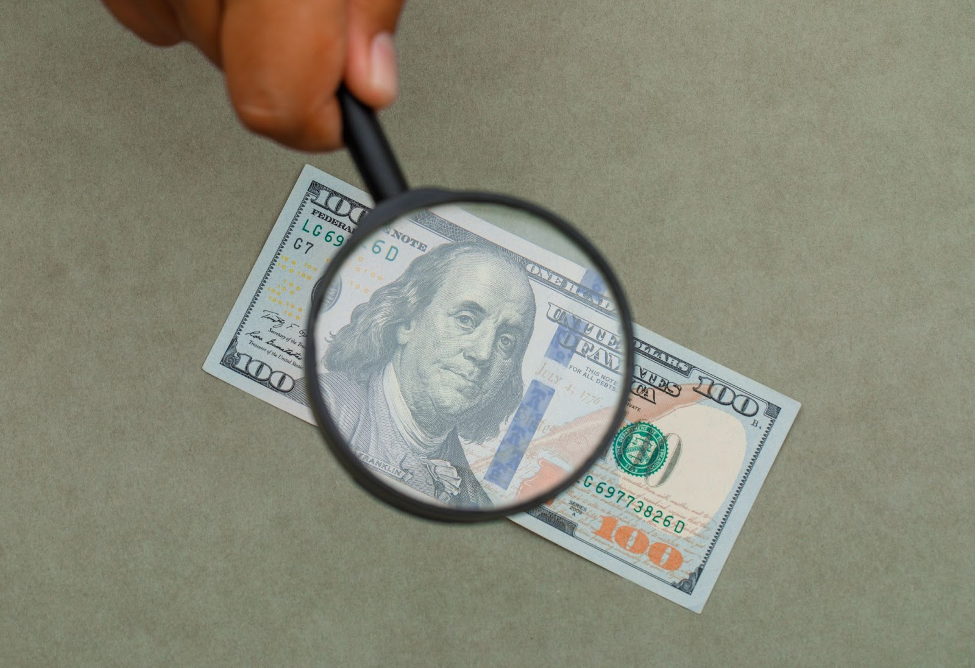If you’re interested in cryptocurrency, you need an exchange. These platforms facilitate buying, selling, and storing various cryptocurrencies. However, alongside the benefits of these platforms come risks, including fraud. If that happens, you have to be prepared to report it.
Why report a fraud? Because reporting fraud to exchanges is essential for protecting yourself and others in the cryptocurrency community. Additionally, you help authorities take action against illegal activities, thereby safeguarding the integrity of the market.
In this blog post, we will explore the steps you need to take to report fraud to exchange companies, identify some indicators that could be warning signs when using these platforms, and explain what to do if you become a victim.
How to Report a Fraud to Exchanges
You can proceed more effectively in reporting fraud to exchanges, ensuring that your complaints are heard and addressed. It’s important to tell exchanges about fraud because it makes everyone accountable and makes the financial market more open.
According to the US government, you can follow these steps to report fraud to exchanges:
1-Collect Essential Documents
When dealing with a potential fraud or scam, your first step should be to collect all relevant documents. This collection includes sales receipts, warranties, contracts, work orders, and any email communications.
These documents provide a trail of evidence that details your interactions and transactions with the company in question. Keep these records organized and accessible; this initial phase builds your case and ensures that you can present a comprehensive and clear account of your experience, which is essential for the next steps.
2-Communicate Your Complaint to the Company
Once your documents are in order, reach out to the company directly. Start with the most immediate method, calling their customer service number or using their web chat feature. If these options do not lead to a satisfactory response, it’s time to move forward.
Write a letter explaining your problem in detail. For guidance on how to structure this letter, the Federal Trade Commission (FTC) provides a sample complaint letter. Address the letter to either a salesperson or a customer service representative; if this does not resolve the issue, it may be necessary to take your complaint to higher management.
3-Ask for External Assistance
If the company’s response is disappointing, it’s time to ask for external help. Start by moving the complaint within the company up to higher management or the corporate level, if necessary. If this approach fails, you can turn to various consumer protection options, such as:
- Federal Trade Commission (FTC): While the FTC will not solve individual complaints, reporting your issue helps them track fraud patterns and can lead to broader investigations. File your complaint online via their official website.
- Local Consumer Protection Office: Report the fraud to your local consumer protection office, which can guide you on how to proceed based on local laws.
- Better Business Bureau (BBB): Filing a complaint with the BBB can initiate a mediation process with the company, with the intention of reaching a resolution. Their influence often motivates companies to resolve disputes quickly.
4-Consider Legal and Alternative Dispute Resolutions
If the fraud is severe and cannot be resolved through standard complaint processes, legal action may be necessary. Consult with a legal professional to understand your options, which may include lawsuits or small claims court, depending on the amount involved and the specifics of the fraud.
Alternative dispute resolutions like arbitration, conciliation, or mediation are also viable options. These methods can be quicker and less costly than traditional legal routes:
Why Report a Fraud at an Exchange Company
Timely reporting might make all the difference in resolving your case or losing our funds indefinitely. These key indicators should advise you on why to report fraud in exchange companies to the appropriate authorities or consumer protection agencies:
- Ambiguous Contract Terms: If the contractual terms are unclear, leading to unexpected additional costs like commissions or the difficulty of paying out promised bonuses, it’s worth investigating a bit more.
- Communication Breakdown Following Losses: If you find yourself unable to reach your broker after experiencing an unexpected loss, it’s essential to take control of the situation.
- Forcing You to Open an Account: If you feel forced or pressured into opening an account by a broker, it’s a major red flag. No legitimate broker should employ those tactics.
- Signs of Poor Account Management: Even if you don’t have verifiable proof, a series of events that lead to losses in your account could indicate a failure to manage. Trust your instincts and consider reporting such incidents.
- Trouble Withdrawing Funds: One of the clearest signs of trouble is the incapacity to withdraw your money, especially when your balance sheet appears to be active. This could indicate financial irregularities that require reporting.
Discover our founder story and learn how she realized she had been scammed after not being able to withdraw her funds.
- Ignoring Client Interests: A trustworthy broker should always act in your best interests. If they suggest investments that consistently fail to yield results, it’s cause for alarm.
What to Do If You Are Victim of a Fraud
If you suspect that you’ve been taken advantage of, you must act quickly to protect your interests and potentially recover your funds. Here’s a guide on how to proceed:
- Stop Additional Investments: If you suspect an exchange fraud, immediately cut off any additional transfers of funds. Scammers often convince victims with promises of recovering their initial losses if they just invest a bit more. This is a common tactic to exploit your trust and extract more money.
- Identify the Nature of the Scam: With the information already collected, analyze the situation to understand exactly how you were deceived. Fraud can range from fake exchanges and Ponzi schemes to clone firms impersonating legitimate entities. Identifying the specific type of scam can help plan your response effectively and inform the authorities accurately.
- Report to Regulators: Report the incident to financial regulators or law enforcement in your country. Detailed documentation supports your claims, making it easier for these authorities to act. Fast reporting increases the chances of putting an end to the scammer’s activities and potentially recovering some or all of your funds.
Take Action Against Fraud and Report It
When you report a scam, you help track and stop scammers, making it harder for them to take advantage of others. Your reports give authorities the information they need to better understand and combat scams.
Remember: every time someone reports a scam, it increases awareness and helps protect others. It also warns potential future victims about what to watch out for. This community effort can lead to changes that make everyone’s money safer.
Fraud It’s Not Just About Money
Fraud doesn’t just hurt people; it can affect people’s trust in the financial system. If you spot a fraud or scam, don’t stay silent. When you report both, you are taking a step toward rebuilding that trust and ensuring the financial market is fair for everyone.
We Want to Hear From You!
The fight against cryptocurrency scams is a community effort at Crypto Scam Defense Network, and your insights are invaluable. Have you encountered a scam, or do you have questions about navigating the complex world of digital currency? Maybe you have suggestions or want to share your story to help others. Whatever your experience, we’re here to listen and support you.
Reach out to us at hello@cryptoscamdefensenetwork.com. Share your stories, ask questions, or make comments. Your voice is crucial to building a resilient and informed community. Together, we can improve our defenses and promote a safer digital space for all.
Be a part of the change. Your story matters.Photos via Unsplash







